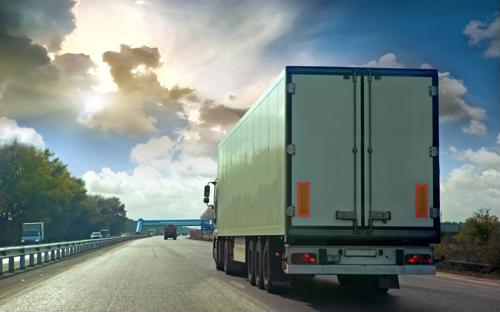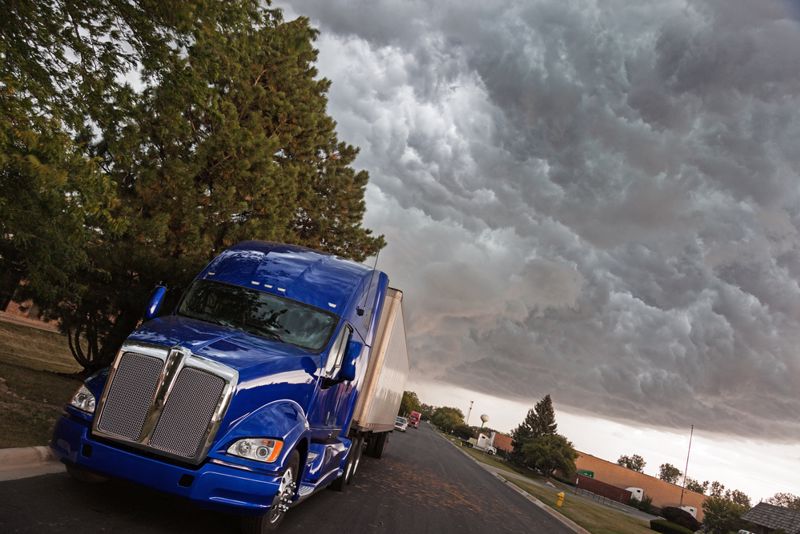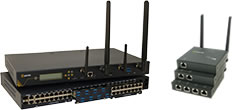
IoT solutions in the transportation industry
By Max BurkhalterMarch 1, 2022
The Internet of Things (IoT) continues to impact all industries, as increased communication capabilities between physical devices equipped with connectivity drives innovation. One of the industries enjoying unprecedented technological growth is the transportation industry. 360 Research Reports indicate the global IoT in the transportation market size is expected to reach $270, 950 million USD by 2026, from $172, 960 million USD in 2020.
At a compound annual growth rate (CAGR) of 7.8% between 2021-2026, big innovation is forecasted for IoT in the transportation industry. Let's take a look at some technologies making life on the road easier in 2022.
A smoother ride
Smart traffic control systems have been introduced to many municipalities in order to integrate intersections and traffic cabinets. By providing improved safety and traffic flow for city streets, these systems are able to communicate data in real-time in order to optimize travel throughout a given sector.
Neil McCarthy, in a 2020 article for Forbes, details findings from The American Transportation Research Institute that shows congestion costs the U.S. freight industry $74.1 billion annually. By traveling via an increased network of roadways with smart traffic control systems containing sensors, cellular routers and cameras, trucks hauling goods and services can benefit from increased efficiencies, reduced fuel consumption, and vehicle wear and tear.
Cities Today, in their March 2021 article, cite that implementation of smart traffic control systems could enable savings of $277 billion for cities and municipalities opting into the technology by 2025. Better for both the vehicles traveling on roadways, and through the locations that receive goods, Artificial Intelligence (AI) assisted systems that relay data instantaneously are helping reshape travel duration times in 2022.

Toll collection goes electric
The introduction of electronic tolls increases travel efficiency by saving vehicles the need to stop and manually pay, furthering efficiency and reducing transportation times. Future Market Insights reports the electric toll collection market is predicted to grow at a CAGR of 10.5% between 2022-2032.
IoT technologies, from scanners dedicated to automatic vehicle identification (AVI) to violation enforcement systems (VES) that reduce toll violations by capturing vehicle images are at the forefront of this initiative.
Logistics and fleet management
The real-time monitoring of vehicles on the road is ensuring direct line of sight into the conditions and obstacles facing a fleet in transit, as outlined in a September 2021 article by Global Trade. Sensors equipped for both vehicles and the cargo they contain allows operators to check in on the status of transported goods and their method of delivery, which in turn helps adherence to precisely coordinate delivery windows.
A report for The Fiix by Rockwell Automation regarding Preventative Maintenance extrapolates data collected from sensors and combines AI powered algorithms in order to successfully predict the service needs of a vehicle.
Perle aids transportation industry technologies
Whether assisting Smart Motorway CCTV cameras in the UK, or powering a network of smart parking meters with Industrial Switches, Perle is proud to assist innovation in the transportation industry. To learn more about how Perle provides solutions for a sector in perpetual motion, visit our transportation industry case studies page.



